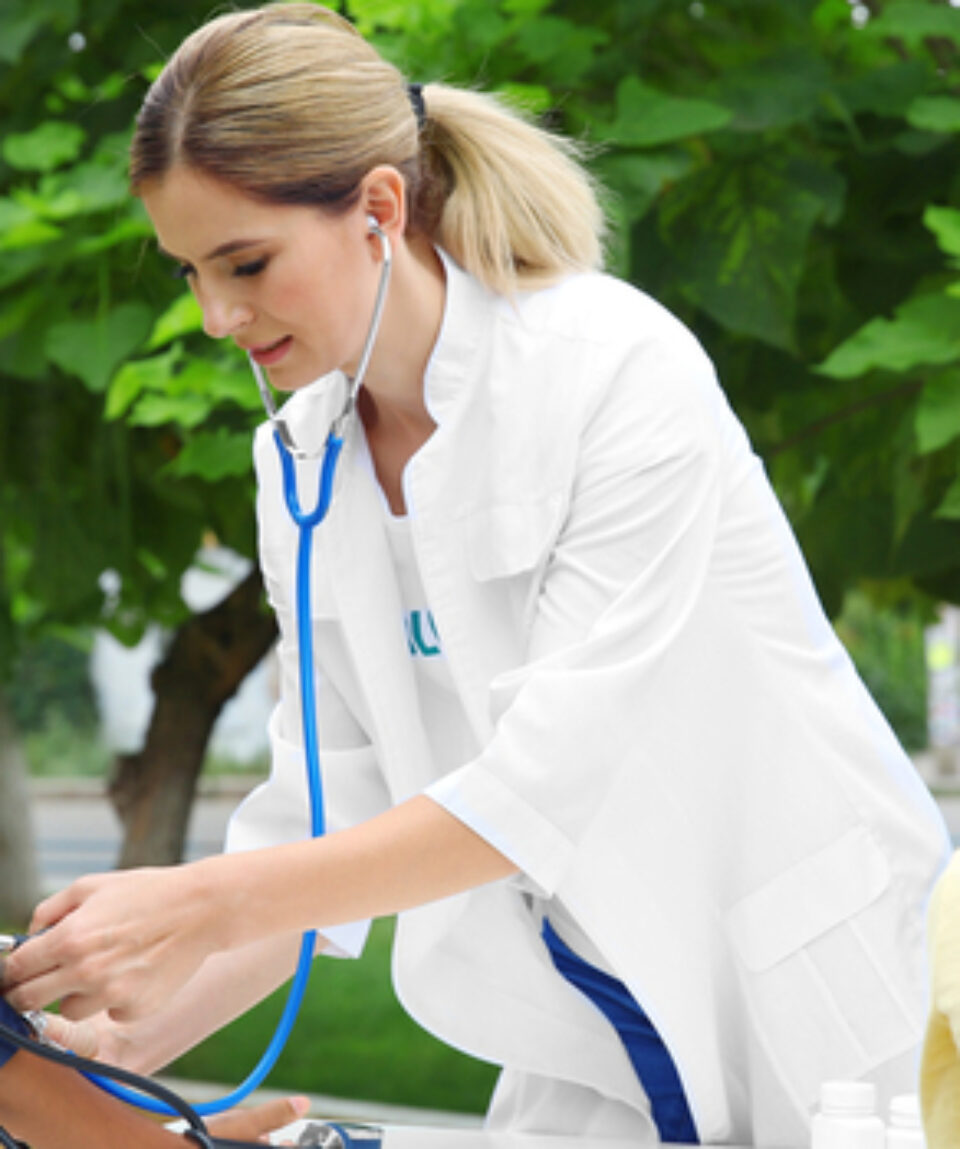Medical Volunteering in Nepal
fromVolunteer in remote Nepal and immerse yourself in Nepali culture at homestay-style accommodation in rural villages and immerse yourself in Nepali Culture.
-
Reviews 0 Reviews0/5
-
Vacation Style Holiday TypeVoluntourism
-
Activity Level Leisurely
-
Group Size Small Group
Medical volunteering in Nepal is a unique experience. You may be assisting in one of the hospitals or community health centers in the rural region of Nepal, joining a remote health camp, performing health checks on children at local schools and disabled centers as well as teaching health and hygiene. Good medical care is a serious problem in rural and urban areas of Nepal. A lot of people have moved to Kathmandu after the civil war to seek better opportunities. This has left much of the city’s public health infrastructure desperately overused. For the poor living in Kathmandu seeing a doctor is simply not an affordable option. Meanwhile, in rural areas, medical facilities are also in short supply. The main reasons are a poor transportation network and a lack of funding.
- Airport transfers and escort.
- All meals while volunteering. (breakfast, lunch, and dinner, tea )
- Accommodation in the local place or homestay
- Transportation to and from Kathmandu
- 3 nights accommodation at a standard hotel in Kathmandu with breakfast.
- All ground transportation
- All government and local taxes
- International airfares
- International airport departure tax and entry via fees
- Personal Equipment
- Major meals, Lunch, and dinner during your stay in Kathmandu
- Any type of personal expenses, such as alcoholic beverages and drinks, phone, and laundry.
- Rescue & travel insurance, trip cancellation costs, accident or health emergency, evacuation, loss, theft or damage to baggage, and personal effects.
- We strongly advise you to take out personal travel insurance
All you need to bring for this Tour is simply some comfortable clothes; there is no any requirement of special equipment on the tour. However for your ease, the following gives you the general idea about the personal items you need to manage for the trip. The personal items referred here are optional and depends upon your choice. The most important factor to be considered while choosing the equipments and your Bag-pack, is the time of the year you are travelling.
A Note on Packing
For your international flights, we recommend that you pack all your equipment in your two duffle bags or suitcase. Do not simply pack your backpack (since the straps can be damaged by the baggage handling machines). It is important to lock these bags for their trip. Depending on the airport, you may be able to put your travel locks on after TSA has searched the bags. If not, Lock the bags with Zip Ties. If the TSA cuts off the zip-tie to search your bag, they will replace it. You will still need the travel locks to lock your bags in the hotel and during the volunteering period.
- Duffel or Rucksack bag or suitcase
- Daypack
- Warm wool or synthetic hat that cover your ears (only if you are traveling in the cold season i.e January, February and December)
- Goggles or sunglasses for sunbeam, dust and wind.
- A neck warmer is another piece of gear for extra warmth if you feel you will need it and is for cold season i.e January, February and December.(optional)
- 1 pair warm gloves (This is required if your are travelling in cold season i.e January, February and December).
- T-shirts (2).
- Waterproof (preferably breathable fabric) shell jacket (preferable if you are travelling in rainy season from June to September.)
- 1 pair cotton pants (loose jeans/khakis), 1 pair shorts.
- 2 pairs lightweight long underwear/thermals (if you are traveling in winter January, February and December).
- 2 pairs of liner socks, synthetic or capilene.
- 1 pair light camping shoes or sneakers..
- 1 pair sandals (Optional).
Medicines and First Aid Kits
- Extra Strength Excedrin for altitude-related headaches.
- Ibuprofen for general aches and pains.
- Immodium or Pepto Bismol capsules for upset stomach or diarrhea.
- 1 small personal sized first-aid kit with blister treatments such as mole skin, band-aids, some waterproof tape, anti-infection ointments, etc. Your guides will have more extensive medical gear, but you should have the basics for general use.
Miscellaneous, but Important !
- Passport and extra passport photos (4 copies).
- Airline ticket
- Durable wallet/pouch for travel documents, money & passport.
- Lip balm. At least SPF 20, 2 sticks. A string taped to the stick is helpful, to hang around your neck and some are now being sold with a cord already attached. Handy as it avoids you from having to stop and look for it.
- Sunscreen.
- Toiletry kit. Be sure to include hand wipes, and liquid hand sanitizer
- 2 bandanas.
This list is only a guide. While you are required to bring everything on this list, there are numerous options, brands, and versions of each piece of equipment. Use your experience and the listed features to find the best gear for you. Some of the above equipment can be easily found in stores in Kathmandu for cheaper prices.
Volunteer in Nepal and experience the diverse Himalayan scenery. This country offers volunteers the chance to learn about different cultural traditions and religions as well as enjoy a range of outdoor adventures. Volunteers in Nepal will have an opportunity to see Pokhara and its many temples.
You should obtain Tourist Visa as we do not have provision for Volunteer Visa in Nepal. … All foreigners, except Indians, must have a visa to enter the country. Visitors to Nepal are allowed to stay on a tourist visa for up to a maximum of 150 days (five months) per calendar year (January to December).

